The Mind That Changed the World
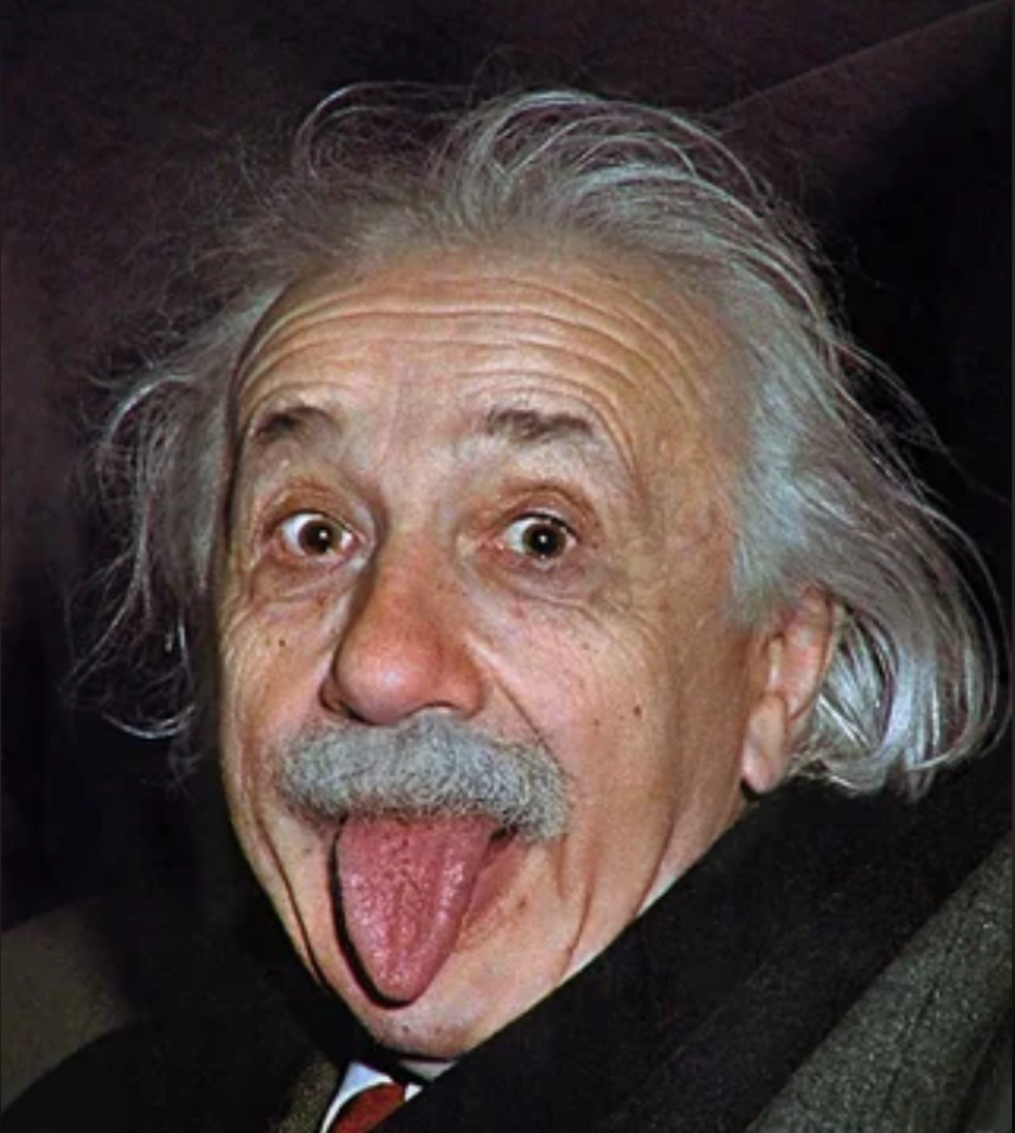
The life of Albert Einstein
Albert Einstein (1879–1955) was a German-born theoretical physicist who became one of the most influential scientists in history. He is best known for developing the theory of relativity, which revolutionized our understanding of space, time, and gravity, and for his famous equation E = mc², expressing the relationship between mass and energy.
Einstein was born on March 14, 1879, in Ulm, Germany, and grew up in Munich. From an early age, he showed curiosity about nature and a strong passion for mathematics and science. Although he faced challenges in traditional schooling, he excelled in independent thinking. He later attended the Swiss Federal Polytechnic in Zurich, graduating in 1900.
In 1905, while working as a patent examiner in Switzerland, Einstein published four groundbreaking papers—now known as his “Annus Mirabilis” (Miracle Year) papers—that introduced the special theory of relativity, explained the photoelectric effect, described Brownian motion, and established the foundation for quantum theory. His work on the photoelectric effect later earned him the Nobel Prize in Physics in 1921.
In 1915, Einstein completed his general theory of relativity, which extended his earlier ideas to include gravity. This theory predicted that massive objects could warp spacetime, a concept confirmed by observations of starlight bending during a solar eclipse in 1919. The success of this theory made Einstein an international celebrity.
Einstein was also known for his advocacy of peace, civil rights, and education. A lifelong pacifist, he spoke out against militarism and totalitarianism. When Adolf Hitler came to power in 1933, Einstein, who was Jewish, fled Germany and eventually settled in the United States, where he accepted a position at the Institute for Advanced Study in Princeton, New Jersey.
In his later years, Einstein focused on efforts to develop a unified field theory that would link all fundamental forces of nature. Although he never completed it, his search inspired future generations of physicists. He remained active in political and humanitarian causes until his death on April 18, 1955, in Princeton.
Famous Quotes
Peace cannot be kept by force; it can only be achieved by understanding.
Life is like riding a bicycle. To keep your balance, you must keep moving.
Imagination is more important than knowledge. For knowledge is limited, whereas imagination embraces the entire world, stimulating progress, giving birth to evolution
Captured Moments
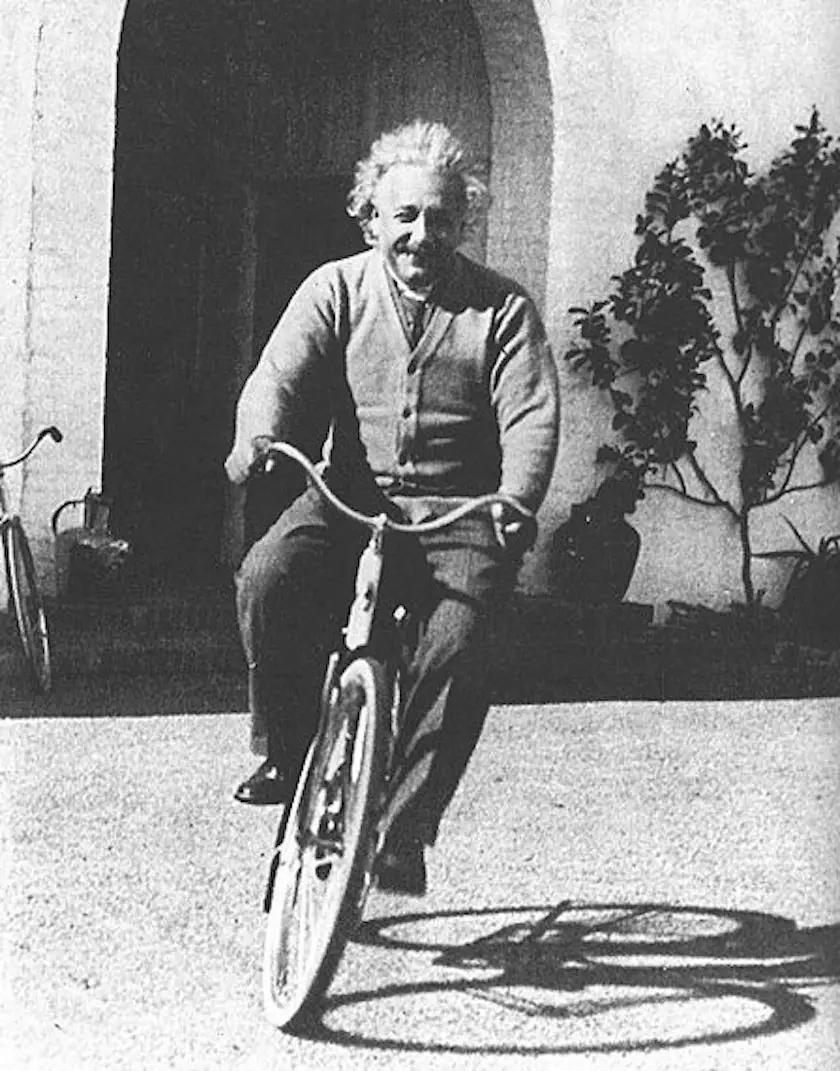
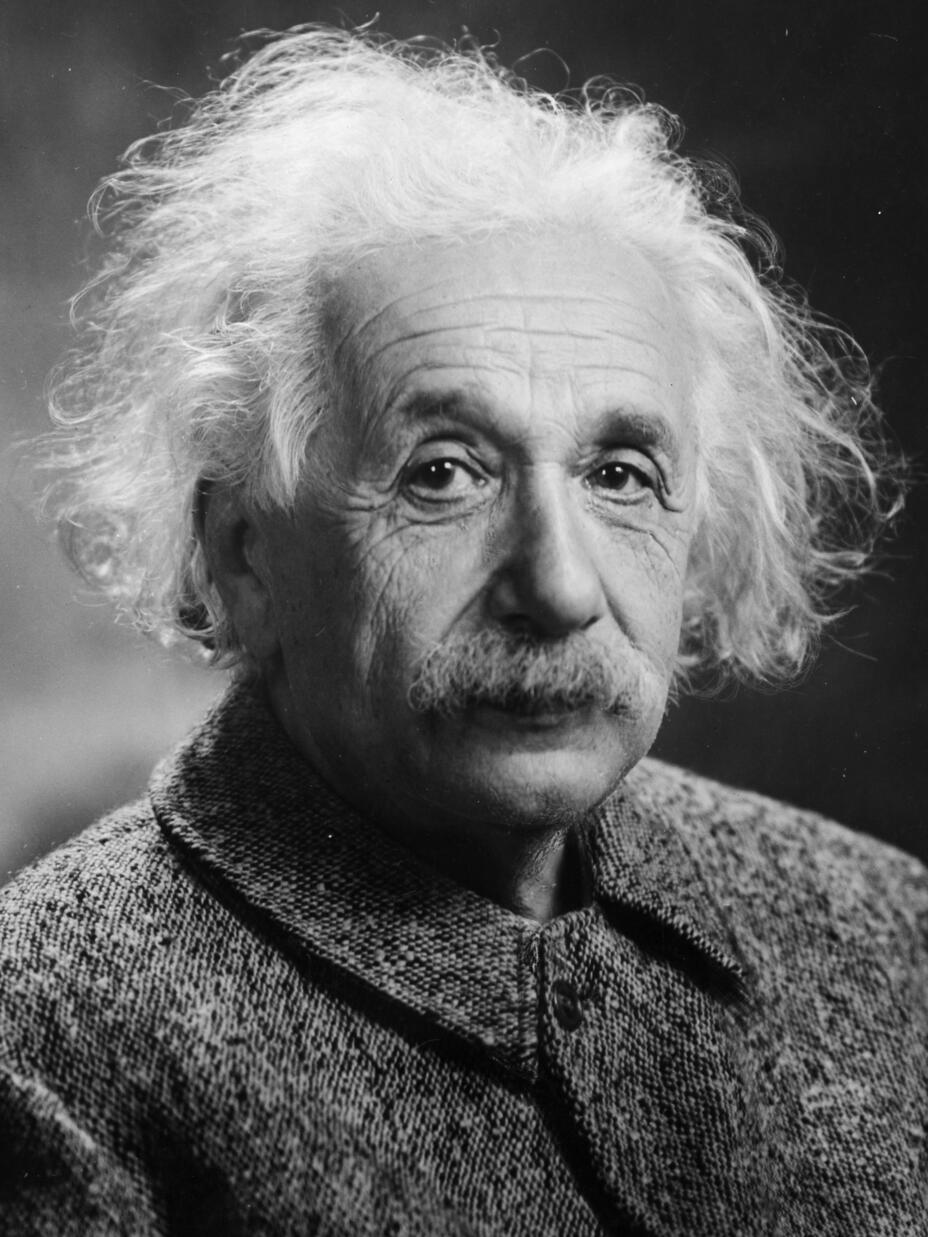
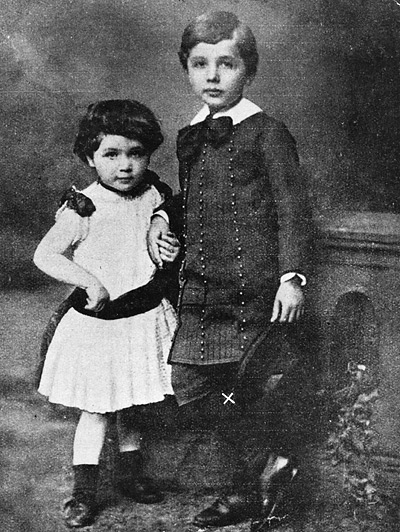
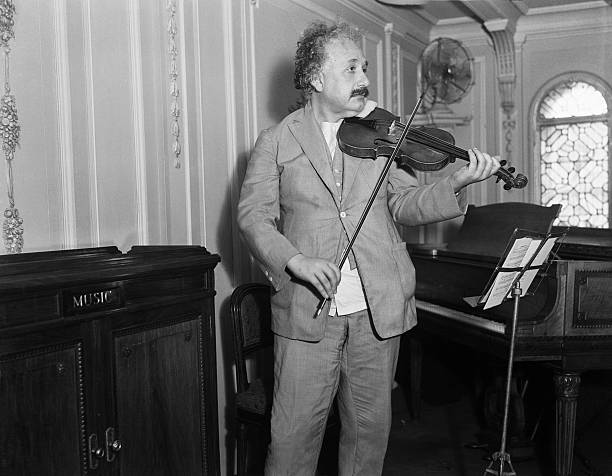
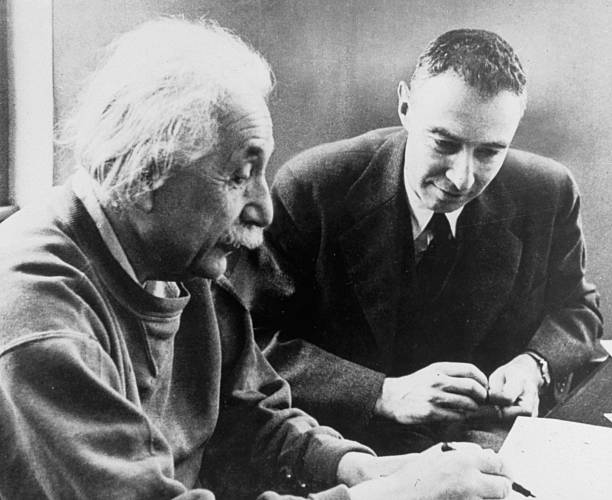
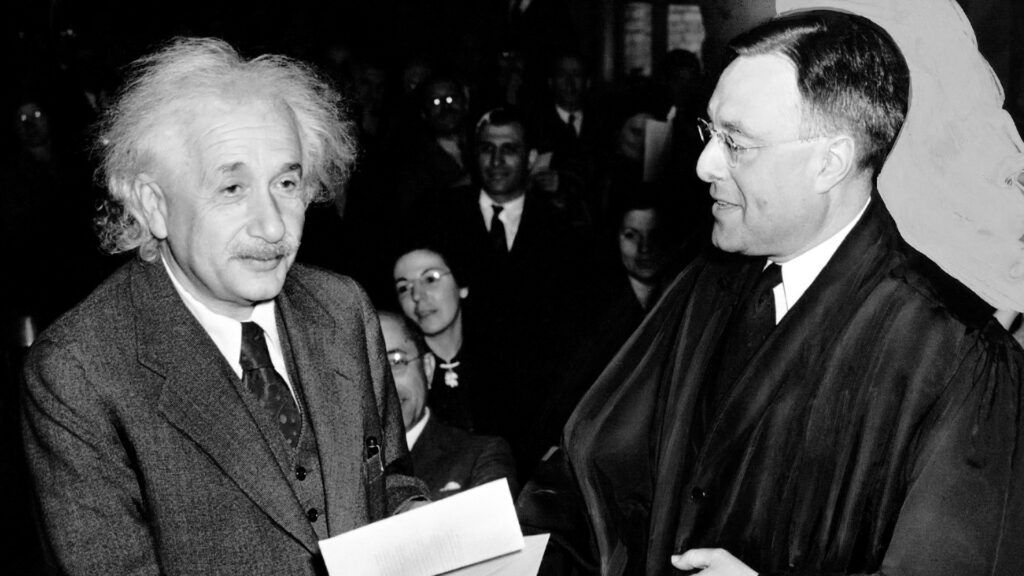
Published Papers
Paper 1: Special Theory of Relativity
This groundbreaking paper introduced the concept of special relativity, revolutionizing our understanding of space and time.
Read PaperPaper 2: Photoelectric Effect
In this paper, Einstein explained the photoelectric effect, laying the foundation for quantum theory and earning him the Nobel Prize.
Read PaperPaper 3: Brownian Motion
This paper provided empirical evidence for the existence of atoms by explaining the random motion of particles in a fluid.
Read Paper